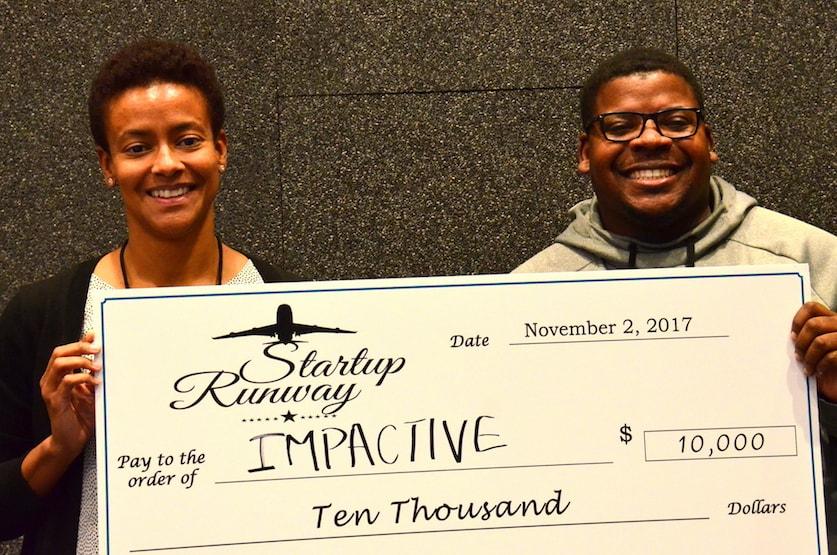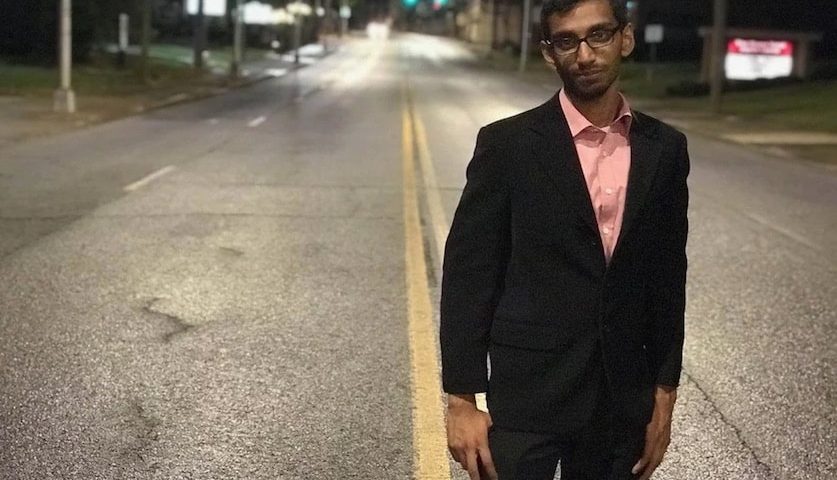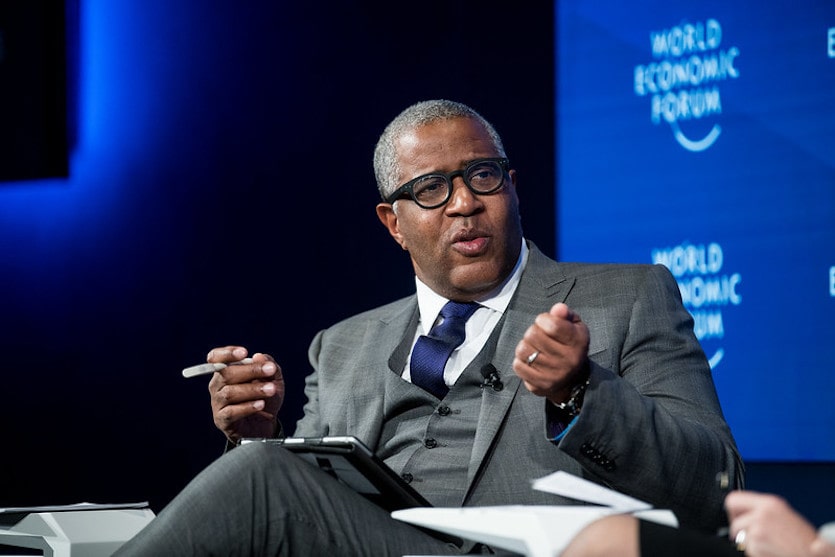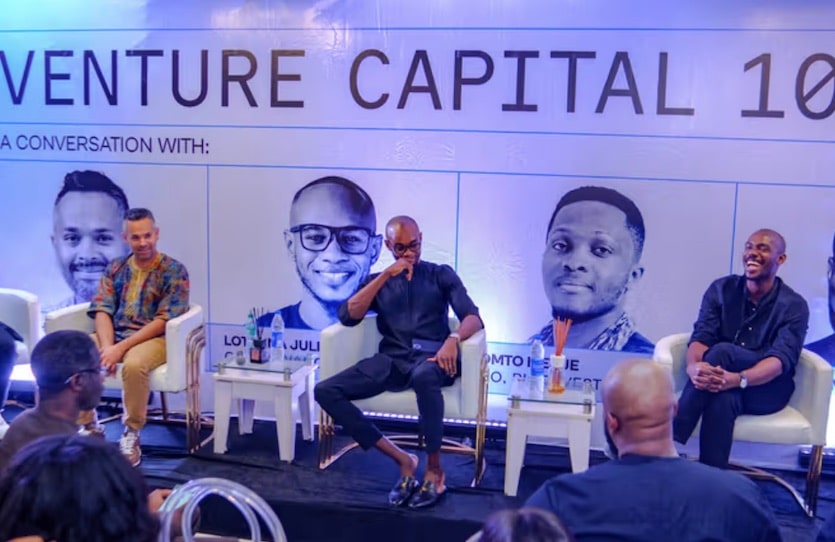
Today’s Top Mobile Security Hardware and Software Features
November 6, 2017
Impactive wins Startup Runway Pitch Contest for Women and Minority-Led Startups
November 10, 2017This is not Rohit Ammanamanchi’s typical stomping ground. Most engineers typically shy away from the spotlight. Most engineers don’t have the best interpersonal skills. But Ammanamanchi, who is running to be Atlanta’s next mayor is not like most engineers. And he’s also certainly not like most political candidates either.
The 24-year-old doesn’t have the experience of political infighting. He also doesn’t believe in using ambiguous buzz words and statements that don’t convey concrete action, unlike some politicians.
Six years ago, acceptance into Georgia Tech, a top-ranking public institution whose undergraduate engineering program is ranked fourth behind MIT and Stanford, brought him to the city. He says that people tell him that’s enough time to connect with the issues. In fact, he joins an increasing number of transplants, with 37 percent of residents not originally being from Georgia.
“I’ve been here for six years and I’ve seen the city grow so much in that time. You can even talk to people who’ve been here, and they’ll say in the past six years, the growth has been so unchecked and it’s too much for the city,” he said.
Major transportation issues. Affordable housing crisis. The highest income inequality in the country two years in a row. And yet, a study by the Atlanta Regional Commission predicts that the metro area will grow by 2.5 million people by 2040, as reported by WSB-TV.
The article mentions that that is the same population of metro Charlotte, North Carolina. The same city where Ammanamanchi lived for a while and worked for the Department of Transportation. He’s also lived in New York and New Jersey. Because of the different cities, he’s lived in, he can clearly see how things can be better for all people and businesses in Atlanta. It’s a perspective that sets him apart from all the other mayoral hopefuls.
He has a plan to fix the transportation issue, and given his background, displays an understanding of how all the issues are related to transportation better than probably any of the other runners.
“The income inequality, the affordable housing, it’s all related to the car dependency and the lack of transit connectivity and reliability in the city,” he said.
“Anyone Could Have Done It, But No One Did”
Even before he ever came across the notion of running for public office, he helped launch what is now the nonprofit, Marta’s Army, which is a grassroots initiative to get more people to ride and take pride in Marta’s facilities. He said this experience helped him talk to the public and get to know them.
At Tech, he also worked closely with the Residence Hall Association, which according to the website, gives individuals the ability to allocate money, join committees, and advocate on important issues.
However, he says the most rewarding thing that he’s done is mobilize an operation to house homeless students at Tech, while administrators were weighing the risks. Like many millennials, Ammanamanchi is a young man of action.
When asked why did he do these things and before declaring a love for public service, Ammanamanchi points to seeing a gap and wanting to fill it.
“In some cases, it’s my specific skill set that suits the role. And in some cases, anyone could have done it, but no one did. So, I decided to step up because I had the time and interest,” he said.
He continued, “And so, with this race, it was kind of the same deal. I looked at all the candidates and thought, wow, we’re facing crisis situations on all fronts and all these candidates are old politics and they’re not proposing anything bold back in March when I was considering joining the race. It was all political buzz words and equity and sustainability, all these words were tossed around and there was no substance.”
Disrupting the Political Race
Consequently, he believes that his presence and run has shaken up the race. Candidates started talking to a different tune after he raised solutions on how to make the Marta and other entities better. They had to come up to Rohit’s level, and he is raising the bar really high for what Atlanta can be.
“We need to be ahead of the curve basically, as a city, and we’re really behind the curve now on making sure the people who have been left behind all these years actually get the skills they need to fit in to, whether its Amazon, or plenty of other companies moving to Midtown, and to Atlanta in general.”
“We need to be thinking about what it means to lead the 21st century on all levels.
So, we’re saying things like, ‘Atlanta is poised to become a world-class city,’ what does that mean, and what does that mean in every aspect of what a city does and what a city is.”
He wants the city to use innovative technology to address, fix and track issues in the community, while also making it accessible to individuals through the proper education and skills. He wants to revolutionize civic engagement through innovative technology. He believes that real-time data can be an asset.
“Technology solutions aren’t supposed to be the new way of doing it. It’s supposed to support the ways of doing it so that we don’t leave people out,” he said.
“There are a lot of ways that the city can internally use data to make sure we’re checking every neighborhood and making sure every neighborhood comes up to a quality of life, that is acceptable in a first world country.”
He believes that this visual data can help both the city and citizens track progress in real time, with the technology that we have today. Citizens can hold the government accountable for what they’re doing.
Additionally, real-time technology can also simplify simple processes at City Hall, cutting out the manual paperwork. This means that citizens won’t be in the dark while having to wait for four weeks or more to hear back from the city.
Furthermore, he mentioned at the Mayoral Tech Pitch that the city can use virtual reality to show what future improvements can look like while gaining the feedback from the public.
According to him, the city just needs to invest in the personnel, the skills and learn what today’s technology looks like so that we can use it in these civic ways.
He’s Leaving No One Behind
While noting that the city is going to need to fill these jobs to track data, he’s aware that not everyone has immediate and constant access to technology and doesn’t count them out.
He’s very adamant about people learning these skills, especially those who have historically not had access to the best skills or education due to their income. Therefore, he proposes free, publically funded programs at the library to increase computer literacy. He knows it won’t be immediate 100 percent literacy, but in this particular instance, he’ll take a slow process.
Additionally, computer literacy is one thing, but a large swath of people are still going to be living in poverty, in communities with few resources and economic development. He adamantly says technology is going to help fix that.
“There are a lot of ways that the city can internally use data to make sure we’re checking every neighborhood and making sure every neighborhood comes up to a quality of life, that is acceptable in a first world country.”
“At this time, we have the opportunity to see what underserved and underrepresented looks like. We need to set goals for every neighborhood to have a minimal standard quality of life in terms of infrastructure, economy, and schools. These areas deserve deliberate investment,” he said.
Ammanamanchi’s approach is not too far off from what the larger economy is prioritizing in the “data economy.” The website, The Economist calls data the world’s most valuable resource.
In the tech world, data is king. It is “the oil of the digital era” meaning giant tech companies like Alphabet (Google’s parent company”, Amazon, Apple, Facebook, and Microsoft are collecting huge amounts of data on people who use their services. So city hall would only be leveraging what big tech companies are doing right now.
“What I want the city to invest in first, and I promise this will be worth wild, is a lot of data servers so that we can have all kinds of stats of what every neighborhood in the city looks like on a block level, and that’s a lot of data, but…”
“We are going to be the tech capital – (he corrects) we are the tech capital of the southeast, and we’re poised to lead the way, we shouldn’t be behind.”
At this point, he also mentioned how public-private partnerships are going to be important. Using maker spaces in the city as an example, he says, “they have the specialty and the equipment to do a certain thing, and the thing that city and that entity is going to do together will eventually, or maybe immediately produce some kind of profit, good PR to benefit that entity.”
And when it comes to addressing the diversity and inclusion issues in tech jobs, he points to quality education. “The city needs, right now more than ever, to be a partner with Atlanta Public Schools,” he said. Again, emphasizing people learning computer literacy because, “we need to make sure that if Amazon picks Atlanta, that it doesn’t pull labor from the southside and the higher skills jobs get imported.” He calls it the elephant in the room.
“We need to be ahead of the curve basically, as a city, and we’re really behind the curve now on making sure the people who have been left behind all these years actually get the skills they need to fit in to whether its Amazon, or plenty of other companies moving to Midtown, and to Atlanta in general.”
He concluded, that sometimes he can come off as a person who has very limited scope, but says, “the idea of using technology and demonstrating it for these housing infrastructure applications is that I want to show people that we have the technology now to do the things that I’m saying that we can be doing with this technology. Plan and simple.”
Ammanamanchi says he’s really proud that he’s entered the race. His campaign has raised $10,000, which to other candidates might seem small, but to him, is an accomplishment that he didn’t think he would be able to reach. The public loves his honesty and bravery, with a standing ovation at the last mayoral forum where he said he tried really hard and did a lot of good work despite his timidness. He said he got the conversation going in the right direction. The last question posed to him, any plans to stay in politics after this? He says with a smile, “Well… we’ll see in four years. I’ll be 28 by then.”








